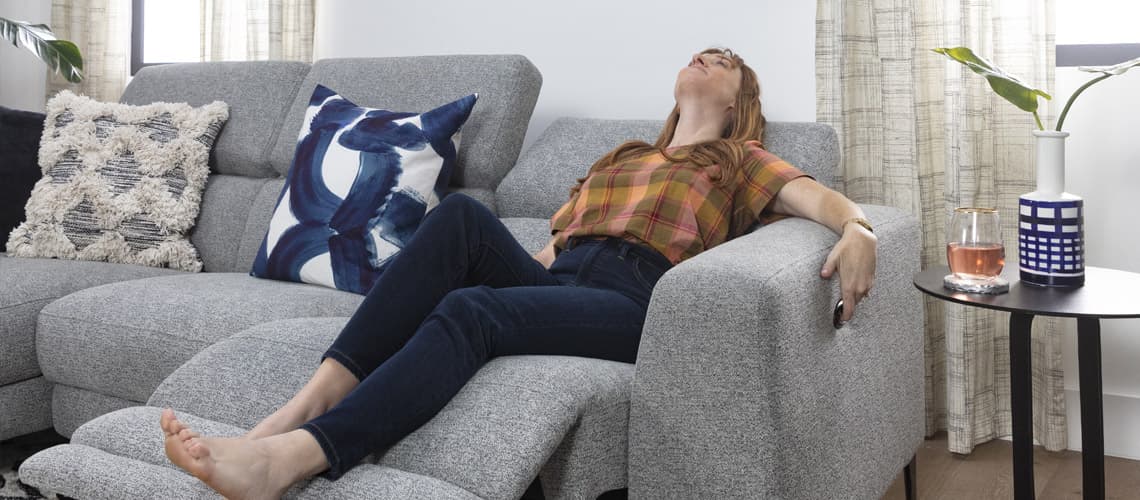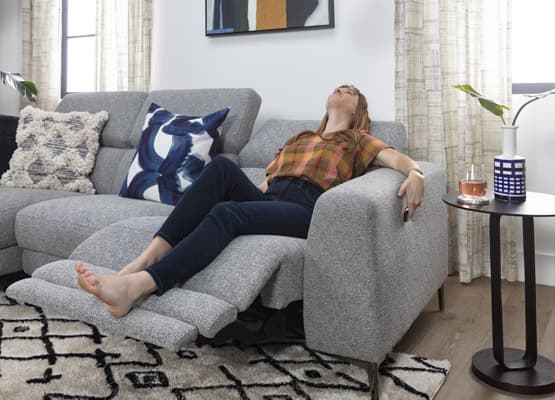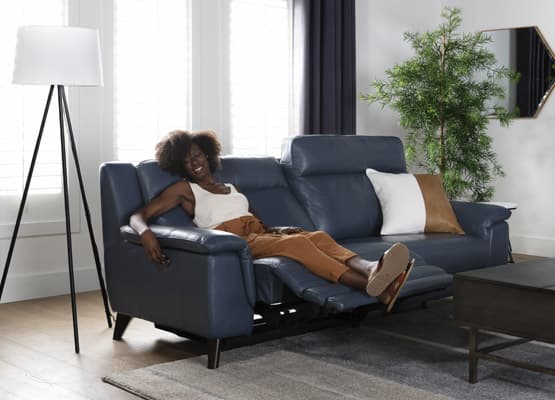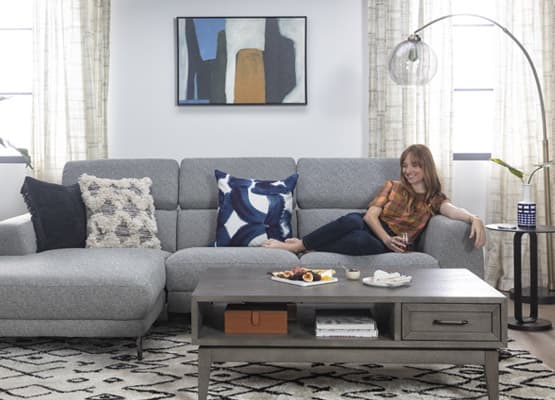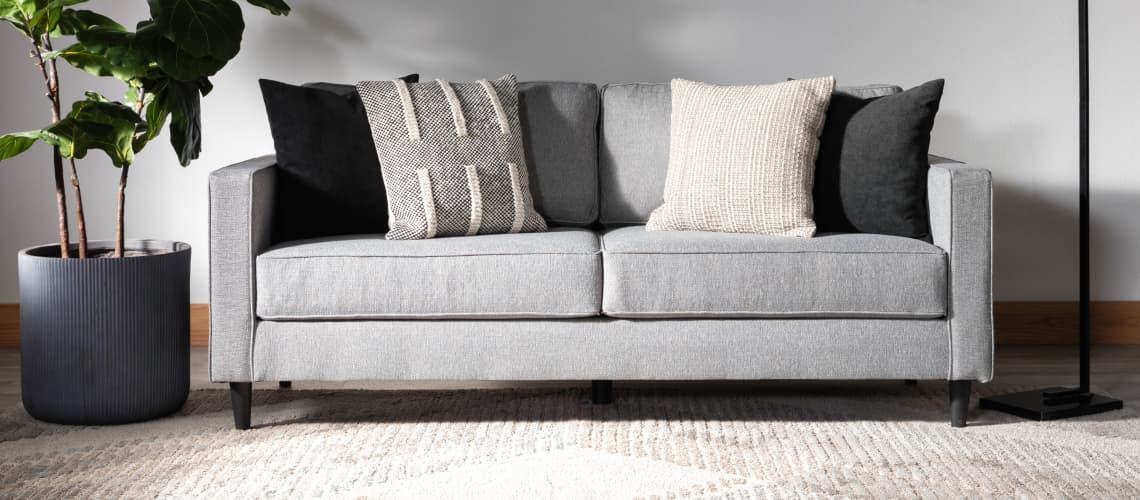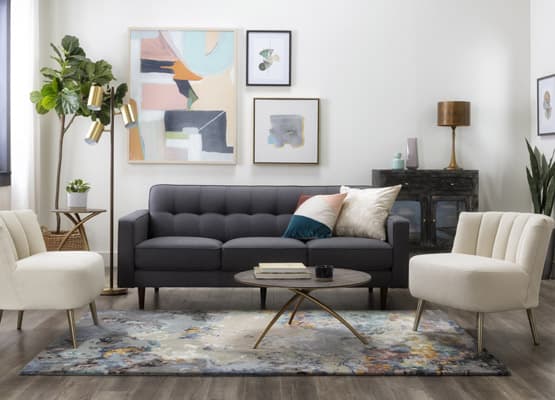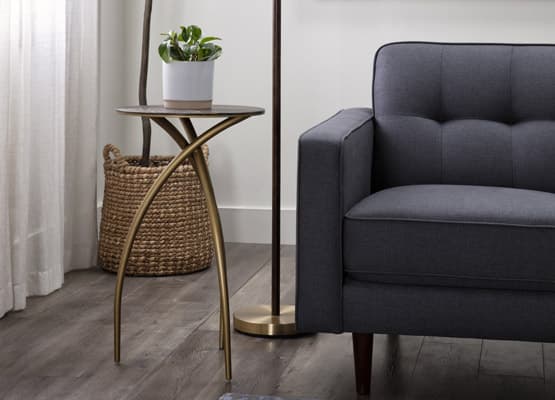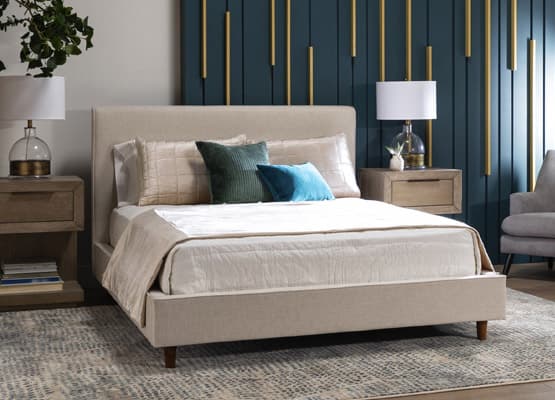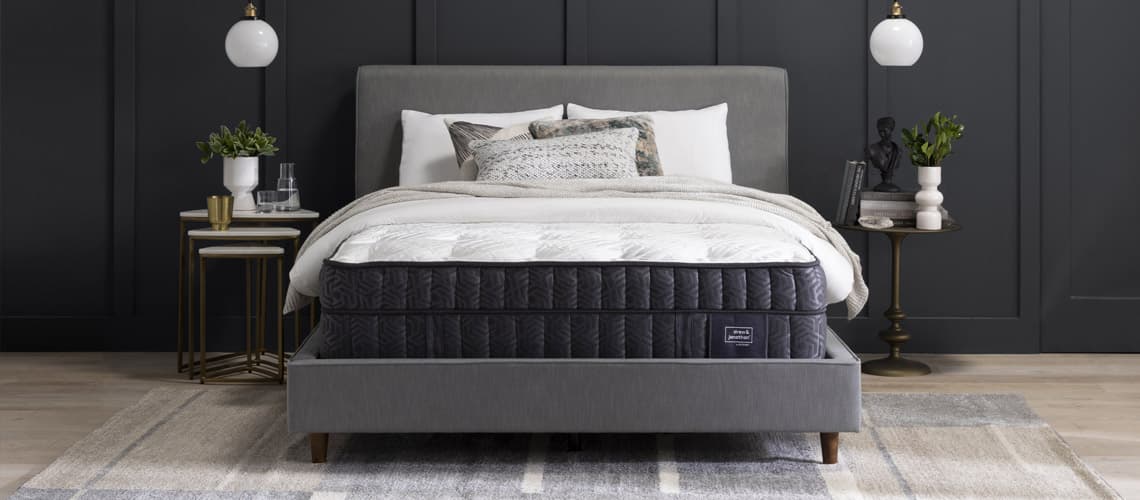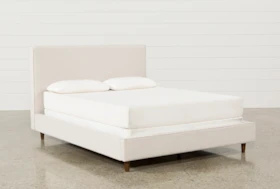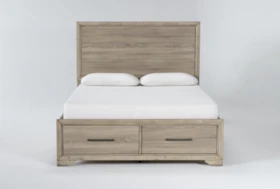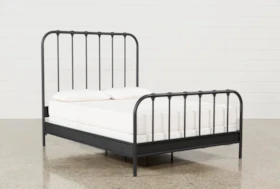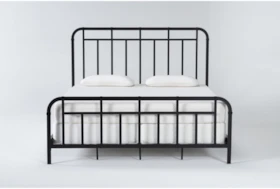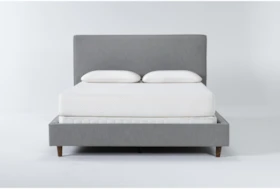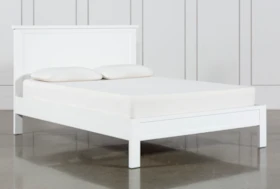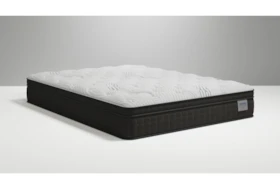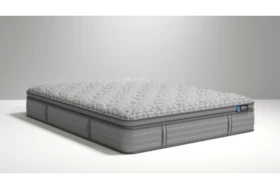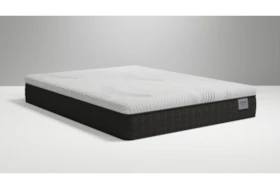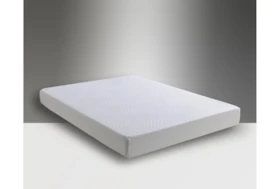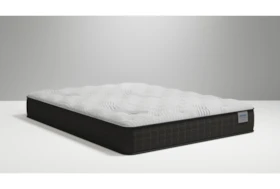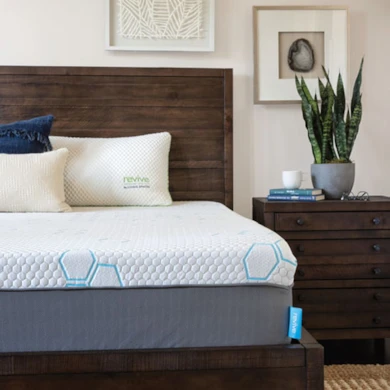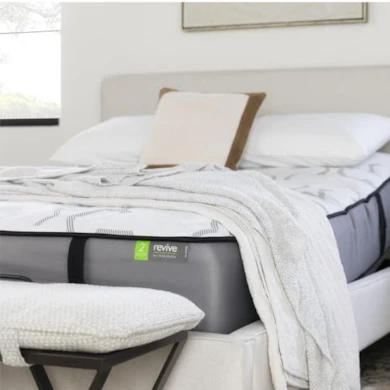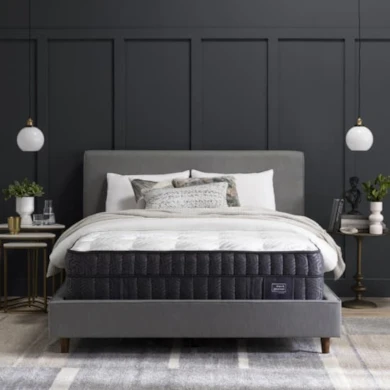Is It Bad to Sleep on the Couch?
Is Sleeping On The Couch Bad?
Sometimes, the couch may simply feel more comfortable. Your living room may be a better temperature, or maybe your partner is sick, and you don't want to get ill yourself. Or, if you have limited mobility, you may opt for the couch instead of going upstairs to a bed.
A couch with armrests makes it easier to elevate your head when sleeping, which can help people with several chronic health concerns:
- GERD, or acid reflux. Lying prone often worsens the symptoms of heartburn. Elevating the head at least 10 inches can improve your symptoms.
- Sleep apnea is when you have periods when you stop breathing in your sleep due to your airway being obstructed. Elevating the head can help reduce pressure on the airway.
- Orthostatic hypotension, a problem with blood pressure. People who have this condition may experience high blood pressure when lying down, but sleeping with the head of the bed elevated can reduce symptoms.
- Cold, cough, or congestion. When you're congested, whether it's illness or seasonal allergies, lying down causes the mucus to travel down the back of the throat (postnasal drip). Propping your head up can reduce postnasal drip and relieve coughing and congestion.
While sleeping on the couch may provide temporary relief, it may be better to replace your current mattress, opt for an adjustable bed, or purchase a wedge pillow to help keep your head elevated.
Drawbacks of Sleeping On The Couch
Mattresses are designed explicitly for sleeping, constructed to support the body in different positions while lying down for hours at a time. On the other hand, while comfortable, couches aren't created with the same support as a mattress.
There are several cons of sleeping on the sofa:
Not enough space
Even the smallest beds are still wider than a couch, giving you more room to roll over and change sleeping positions throughout the night. Plus, many couches may be shorter than a bed, meaning that you can't extend your legs all the way. A smaller sleeping space doesn't accommodate the many positions that people sleep in at night.
No space for co-sleeping
The limited space on a couch makes it difficult to share with another, as well. Lots of people prefer sleeping with a partner or pet, but the smaller surface of a couch often prohibits this.
Not safe for infants and babies
Infants and babies should sleep on a flat bassinet or a crib, not on a sofa. There's a chance that the baby could get wedged in between the seat and the back of the couch and become unable to get out or breathe properly. Both naps and overnight sleeping for babies should always be on the proper surface.
Leads to back and neck pain
Regularly sleeping on the couch leads to chronic neck and back pain. Mattresses are specifically created to support the proper spine and neck alignment while reducing pain and discomfort from pressure points. Medium-firm mattresses especially provide balanced support and reduce sleep-related pain, soreness, and lower back pain.
Stomach sleepers, in particular, may find it extremely uncomfortable to sleep on a couch, since using the armrests as a pillow can cause the neck to lay at a sharp angle. Back sleepers may also experience problems, since the structure of a couch doesn't allow for symmetry while sleeping.
Side sleepers may be the most comfortable sleeping on the couch, using the armrest for an elevated pillow. Softer couches can also reduce pressure points forming. However, taller side sleepers may have to sleep with their knees bent throughout the night which leads to joint pain.
Creating a Better Sleeping Environment
Suppose the benefits of sleeping on the couch include the overall environment of your living room. In that case, creating a better sleeping environment in the bedroom may improve your sleep hygiene and make the couch less appealing. Think about why you prefer sleeping on the couch, and then take steps to change your bedroom to solve these problems.
Reduce TV time
While falling asleep watching TV is a popular way for people to drift off and relax, sleeping with the TV on actually reduces the production of melatonin and increases alertness. Plus, TVs emit blue light which throws off the body's circadian rhythm.
Block out light and noise
The openness of a living room may actually create more light and noise disruption, causing wakefulness throughout the night. Background noise can be disruptive, whether it's from roommates, neighbors, or traffic. Investing in a white noise machine or noise-canceling headphones reduces noise interruption.
Exposure to indoor light while sleeping leads to shorter sleep and wake cycles, and you're more likely to have shallower sleep instead of the deeper sleep your body needs to physically repair and recover from the day. A sleep mask can help, or light-blocking curtains in your bedroom can create better light conditions for sleeping.
Replace your pillows and bedding
All pillows aren't created equal – some are more suitable for relieving neck and back pain than others. The best pillow for you depends on your sleeping position and props your head and neck up at the right angle for spinal alignment.
The kind of bedding you're using may also make sleeping uncomfortable. Replace your sheets with higher thread-count cotton sheets, or if you're chronically cold when sleeping, choose flannel.
Replace your mattress
The average lifespan for a mattress is about eight years, and over time, it starts to lose firmness, and the structure breaks down. Mattresses can also develop lower spots and dips where your body rests each night.
Finding the right mattress to support your sleeping style and desired firmness also helps you sleep better. If you sleep with a partner, consider adjustable beds for custom firmness and incline level. Good mattresses will help you relax in comfort and sleep better.
Get a better bed frame
Your bed frame also contributes to your ability to sleep well. Adjustable bed bases can give you the right height to easily get in and out of the bed. A sturdier bed frame is excellent for people who toss and turn a lot in their sleep. Flimsy bed frames can cause you to wake up when shifting positions, too, making it harder to get the right amount of sleep.
Other Tips For Good Sleep
Good sleep hygiene starts with healthy habits during the day. Avoiding coffee, alcohol, and other stimulants close to bedtime can make it easier to fall asleep faster. A regular sleep schedule, even on the weekends or your days off, also helps, as it sets your circadian rhythm properly.
Reserving the bed for sleeping only helps your brain associate the bed with rest. This can make it easier to fall asleep faster in the bed and reduce your likelihood of sleeping on the couch.
Conclusion
Changing your bedroom environment and making it more conducive to sleep improves your sleep hygiene and gives you a better night's rest. Replacing your mattress with one that's firmer or adjustable makes your bed much more comfortable, especially when compared to the couch. A better bed frame also makes your bed more comfortable. Even swapping your old pillows for new, wedge-shaped ones can lead to a better night's rest.
— More Great Articles —
Sleep-Inducing Mattresses
Read the Latest
Editorial Disclaimer: Articles featuring tips and advice are intended for educational purposes and only as general recommendations. Always practice personal discretion when using and caring for furniture, decor and related items.
